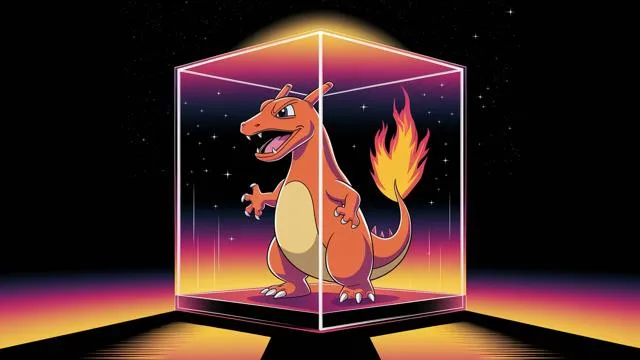Latest News
Trending Now
- Malta's Eurovision Entry Sparks Censorship Debate Over Controversial Lyrics
- SpaceX's Starship Rocket Explodes in Fiery Test Flight: A Setback or a Step Forward?
- Scientists Create 'Woolly Mice' Resembling Extinct Woolly Mammoths
- From Ashes to Glory: The Afghan Women's Cricket Team's Fight for Freedom
- Cyclone Alfred Threatens Australia: A Historic Storm Approaches
- Blue Ghost Lunar Lander Makes History: A New Era of Moon Exploration Begins
- Cyclone, Typhoon, or Hurricane? The Shocking Truth Behind These Destructive Storms
- AI Visionaries Rewarded: The Minds Behind the Machines That Learn
- Revolution on Screen: How a Film is Redefining Arranged Marriages in India
- Unearthing History: Scotland's Oldest Dinosaur Fossil Finally Revealed!
- Scientists Create 'Woolly Mice' in a Step Towards De-Extinction




